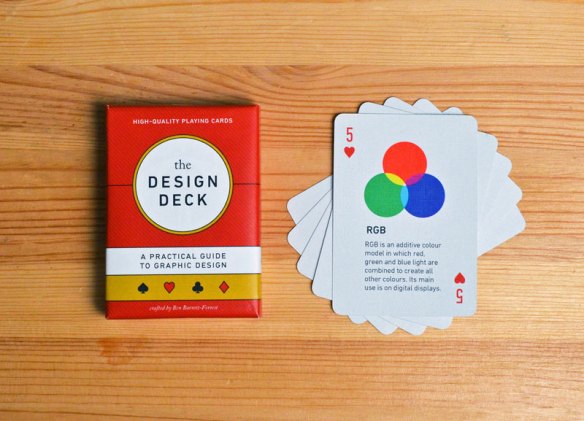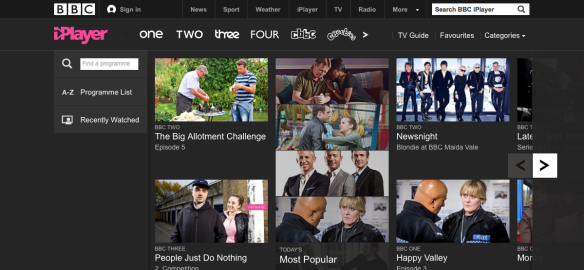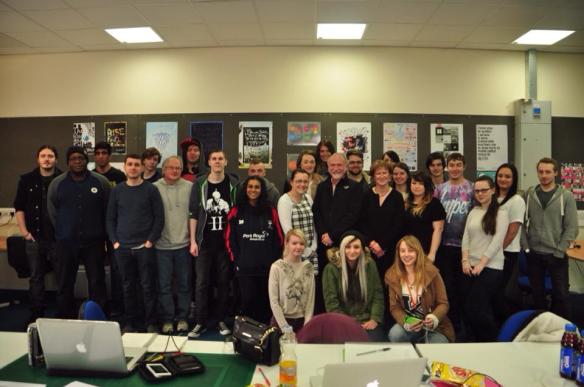Simplicity is the ultimate sophistication
Disney’s Frozen has caused a divorce
I am a fan of all things Disney but I wasn’t hyped up to see Frozen, this didn’t stop me going to see it in the cinema. I was mind boggled, I fell in love with all of the characters and the meaning of the story – self-empowerment. At the time I was finishing my first term of my last year at University so it spoke to me on a personal level as it did with many others. Of course there are people who don’t like it as we all have different views, when this happens most of us put this down to a difference in opinion and leave it at that.
However, in Japan this is a completely different story. A women actually divorced her husband because he said that Frozen was “OK” and that he “didn’t really care for it personally”. She turned around and said “If you can’t understand what makes this movie great, there’s something wrong with you as a human being!” and she wants a divorce.
The man was shocked by her decision that he posted on a Japanese marriage blog about his experience and sated that there were no underlying problems in their marriage and that he makes enough money to keep her secure and happy.
This goes to show the power of Disney films and that no-one should underestimate them.
New look for BBC iPlayer
Image
I have noticed that in the last week BBC iPlayer has changed its appearance and I do not like it. I know that it is going with the trends of 2014 and for some companies and sites it works, but I don’t feel that this does. For me I have found it hard to navigate and occasionally I don’t know what I am clicking on, so it seems a bit clumsy.
This being said there is a possibility that it will grow on me as I get used to it but I doubt it.
Blazed
Image
This advert is to raise awareness of drugs within the Maori (New Zealand natives) community. It shows children playing around and mocking their fathers behaviour when they get ‘blazed’ – high on drugs. The idea is show the Maori fathers that their kids know what they are doing in order to stop the common drug driving problem in New Zealand. This advert is a possible nominate for the D&AD pencil awards.
For more information click here.
Decoding Advertising
Decoding Advertising is a book written by Judith Williamson in 1978. I have read this book during my last term at uni because my tutors thought that it would be interesting for me to read, plus they thought that it would be academically challenging for me. I did found that this book was very interesting and I learned many new advertising techniques through it. It was enjoyable in sections but it was a very difficult book to read with overly complicated explanations. Everything that Williamson has written down is well explained and has sunk into my head however; I am no better at articulating what I know subconsciously on paper and to other people yet I have more understanding about adverts.
Advertising is ‘one of the most important cultural factors moulding and reflecting our life today’ (Williamson, 1978, page 30). Williamson successfully but long windily explores all the ways this happens from colours to split screens to science to ‘The Natural’ to magic and how advertisers create new ideologies, misrepresenting the real world (Williamson, 1978).
This book is full of Williamson’s opinions just like that one but some of them I am not in 100% agreement with. For instance, she states that every ad should be interoperated (Williamson, 1978) but in my opinion I feel that if ads are investigated and interpreted then they will loose the magic that they might be conveying to their audiences like the John Lewis Christmas ads that never cease to amaze the public. Another opinion of hers is that ads are designed to indirectly evoke emotion (Williamson, 1978) but evoking emotion is what charities preferred to do because it is more successful in raising awareness and donations. Thus showing that the book is missing a section but back in the 70s shock and extreme emotional advertising was not widely used.
Overall this is a book is very good for educational purposes but not for holidays.
If you would like this book you can buy this book on Amazon.
Quote
Inspiration exists, but it has to find you working
Pablo Picasso
Elegy: Reflections on Angkor
Gallery

This gallery contains 11 photos.
This is an amazing project on Kickstarter. These photos are no less than 20 years old but they already have a historical significance; they are beautiful beyond words. They have transported me back to the past and I wish that I … Continue reading
Game of Firms
I follow a blog called You The Designer as it helps me with gaining inspiration and it is brilliant place to procrastinate. Recently I have found a post about an Israeli designer called Mordi Levi and his project of turning the family Houses from the Game of Thrones into companies. So Lannister is a car company, Stark is a fashion company, Targaryan is a restaurant and so on.
I think that this is a great idea and I absolutely love it, if you want to see more, click here.
The Design Deck
Image

I am a follower of Kickstarter, which is a site that individuals and companies can post on to ask the public for a backing to start off their project. While I was on this site I came across this project that is great for any designer whether you are experienced or not. It is a deck of cards with bite-size information about graphic design.
It is a great concept and one that people should get behind, you never know it may turn up in our Christmas stocking.
If you would like to help or find out more information, click here.
The money was raised and they are now available at forrestgoods.com for $22.00 CAD.
Lesley Gulliver
Image
My year group was fortunate to have a guest speaker the other week called Lesley Gulliver, she has 20 years of experience in the creative industry. Gulliver has worked with many household brands as well as other companies that aren’t so big. Over the years Gulliver has worked for agencies, herself (she had her own business and founded What Could Be.), the Design Council and The Engine Room. To this day Gulliver works with the Design Council to help business see the importance of what good design can do their company along side of being an instrumental part of The Engine Room.
Gulliver talked to us about what it is like outside the comforts of University, she stated that it can be very exciting, rewarding, tough, competitive and business-focused. Plus many things could go wrong and right in the hectic world of design.
Gulliver informed us how we tend to win over clients and prospective employers. This is how to do it:
- Empathy
- Business Understanding – what are they trying to achieve?
- Client management skills
- Relationship management skills
- Can-do-attitude
- A safe pair of hands
- Good reporting
It was an important experience that has helped me to understand this industry and how the world works.






